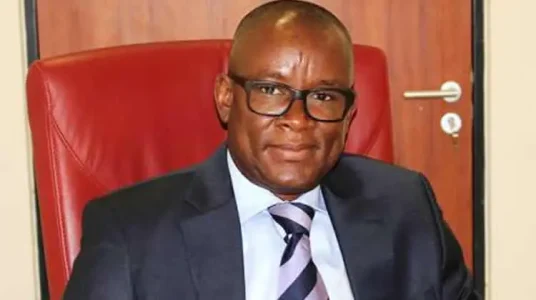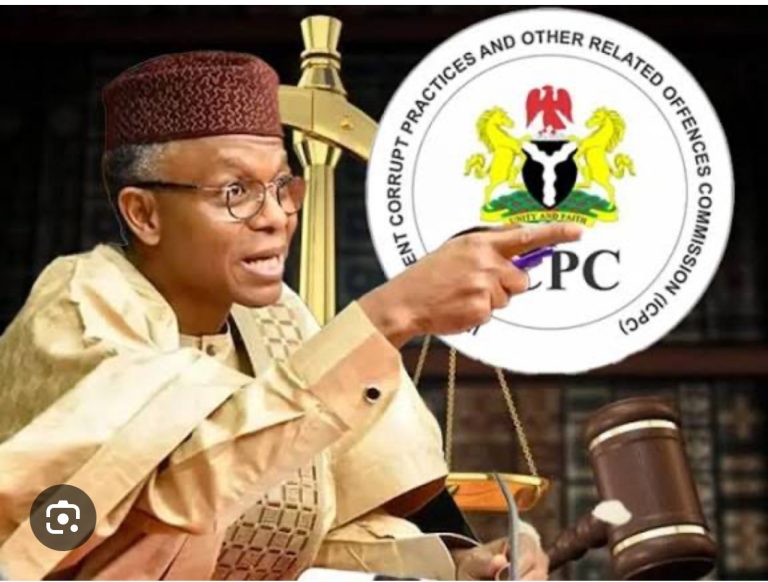
The Nigerian Government has unveiled an ambitious plan to grow Nigeria’s industrial sector, setting a target to increase its contribution to the Gross Domestic Product (GDP) from the current 10 per cent to 25 per cent by the year 2035.
This was revealed by the Minister of State for Industry, John Owan Enoh, during a high-profile panel session at the ongoing Gastech Exhibition and Conference in Milan, Italy one of the world’s largest energy gatherings.
Speaking on the theme “Powering Growth and Prosperity in High Potential Economies Through Widened Access to Affordable, Reliable and Flexible Energy,” the minister said the newly validated industrial strategy represents a significant shift in Nigeria’s economic direction.
“For the first time in decades, Nigeria now has a clear strategic industrial framework,” Owan said. “This is a turning point and one of the landmark achievements of President Bola Tinubu’s administration.”
He noted that the policy aims to move Nigeria away from a resource-dependent economy to one driven by productivity, innovation, and competitiveness, in line with global economic trends.
A Gas-Powered Industrial Revolution
Central to this transformation is Nigeria’s pivot towards Compressed Natural Gas (CNG) as a reliable, cost-effective, and sustainable energy source for powering industries. The Minister praised President Tinubu’s commitment to gas reforms, stating that the country’s vast natural gas reserves estimated at over 210.5 trillion cubic feet are central to Nigeria’s economic future.
“Nigeria is more of a gas country than an oil country,” Owan added. “Our energy policy reflects our long-term development goals and available resources.”
He also highlighted that Nigeria’s youthful population and growing urban centres make it a natural leader in Africa’s industrial rise.
The Minister credited Tinubu’s early reforms notably the removal of fuel subsidies and exchange rate harmonisation for stabilising the macroeconomic environment and boosting investor confidence. These measures have also improved access to foreign exchange for local businesses, encouraging global firms to revisit Nigeria as an investment destination.
“Nigeria is ready. Africa is the next global frontier. This is the best time to engage with our economy,” Owan said.
NNPC Reaffirms Gas Strategy for Growth
Also speaking at the session, Olalekan Ogunleye, Executive Vice President for Gas, Power and New Energy at NNPC Limited, reinforced the government’s gas-first approach. He revealed that the Gas Master Plan is currently being updated to position Nigeria as a sustainable global supplier of natural gas.
Ogunleye pointed to major projects like:
- The Train 7 expansion of Nigeria LNG, which is expected to boost output by 30%
- Ongoing planning for Train 8 and Train 9
- The Nigeria-Morocco Trans-Africa Gas Pipeline, set to connect 16 African nations
Domestically, he said NNPC is supporting the growth of gas-based industries to generate employment and attract long-term investments. Companies are showing renewed interest in deep-water gas developments, thanks to improved fiscal incentives and regulatory clarity.
“Global players like Petrol Brass are returning, and the investment climate has never been more favourable,” Ogunleye stated.
Despite the progress, the Minister acknowledged that challenges like infrastructure deficits and gas flaring remain. He called on international partners to support Nigeria in bridging these gaps to ensure long-term energy sustainability.
The overarching message from both government and industry leaders at the conference was clear: Nigeria is open for business, with bold reforms and untapped potential that make it a strategic player in the global energy and industrial space.



